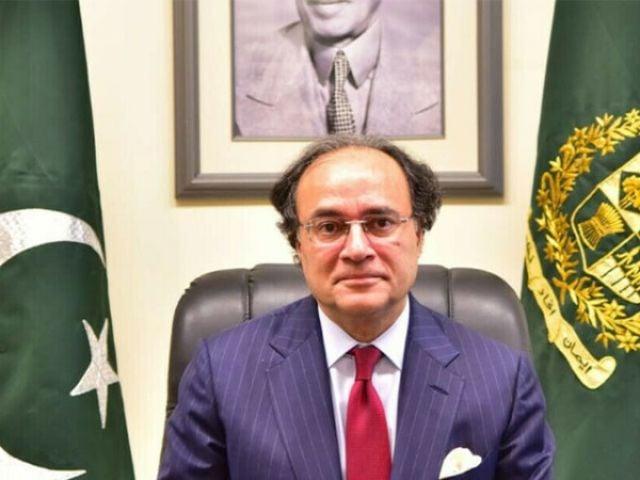Finance Minister Muhammad Aurangzeb said on Monday that Pakistan’s upcoming federal budget for the financial year 2025-26 will introduce bold measures and provide a strategic direction for the country’s economy.
Addressing an event organized by Karandaaz Pakistan and Pakistan Bank’s Association (PBA) in Islamabad.
According to a report from Buisness Recorder, Aurangzeb said the budget will not only focus on revenue and expenses, but will also outline the wider economic path ahead.
“We will bring some bold measures during the budget for FY2025-26,” he said, emphasizing the importance of making the budget document “more strategic” rather than just “making mathematics work.”
The federal budget is scheduled to be presented on June 10, 2025, while Pakistan Economic Survey 2024-25 will be released one day earlier, June 9.
Aurangzeb emphasized the need for export -led growth and expressed the satisfaction that Pakistan’s economy has surpassed the $ 400 billion marking, signaling positive progress.
He also said that the international community recognizes Pakistan’s economic reversal and the macroeconomic stability that the country has achieved.
However, Aurangzeb warned against repeating previous errors and said that previous macroeconomic stability efforts were wobbled due to “consumption -controlled growth” which triggered balance of payments and currency problems.
“To break away from the boom and the bust cycle, Pakistan has to remain the course of structural reforms,” he said.
The Minister emphasized the government’s commitment to ongoing reforms in taxation, energy and state -owned companies (SOEs) together with the right size of the federal government to ensure sustainable growth.
He admitted that progress with SOE reforms lagged last year, but promised that the government would accelerate the effort, including the relaunch of Pakistan International Airlines (Pia) privatization transaction, which he expressed optimism about.
Aurangzeb highlighted plans to simplify the tax return of the filing process for paid taxpayers with the aim of reducing the number of measures required from 140-150 to only nine to be implemented at the end of September.
In terms of debt management, the Minister of Finance said the cost of government debt service has fallen with RS1 trillion during the current financial year.
He also announced plans to restructure and modernize the debt management office in the coming year.
Aurangzeb noted that Pakistan’s long -term economic goals include becoming a $ 3 trillion economy in 2047, but said this requires them to address critical challenges such as population growth and climate change.
He referred to the 10-year-old national partnership framework signed with the World Bank, emphasizing that four out of six key focal points deal with climate and population issues.
The Minister also commented on the recent regional tensions and said, “These are very tense moments. The whole nation has rightly celebrated the way our armed forces and political leadership has risen against the aggression.”
He revealed that efforts had been made to derail Pakistan’s involvement with the International Monetary Fund (IMF), especially attempts to block meetings related to financial support.
Despite these challenges, Aurangzeb said that Pakistan’s case with the IMF was ultimately “discussed and decided on profits.”
He urged the same device shown in recent times of aggression to be applied to the economic front.
The IMF ended its recent 10-day talks about Pakistan’s financial year 2026 budget without a formal agreement, announcing that discussions will continue in the coming days.
Nathan Porter, the stepping IMF mission manager to Pakistan, said the negotiations focused on increasing revenue through improved tax compliance and expanding the tax base and prioritizing expenses.
Originally planned to be held in Pakistan from May 13 to 23, the negotiations began distant from Turkiye due to India-Pakistan tensions before moving to face to face to face in Islamabad on May 19.
Previously, the government postponed the presentation of the federal budget for the financial year 2025-26 by more than a week and moved it from June 2 to June 10, according to sources in the Ministry of Finance.
The delay is coming as Prime Minister Shehbaz Sharif is currently on a diplomatic tour of several nation to express gratitude to friendly countries for their support under the recent tensions with India.
Meanwhile, the IMF completed its recent 10-day negotiations on Pakistan’s financial year 2026 budget without a formal agreement and announced that discussions will continue in the coming days.
Nathan Porter, the stepping IMF mission manager to Pakistan, said the negotiations focused on increasing revenue through improved tax compliance and expanding the tax base and prioritizing expenses.
Originally planned to be held in Pakistan from May 13 to 23, the negotiations began distant from Turkiye due to India-Pakistan tensions before moving to face to face to face in Islamabad on May 19.



